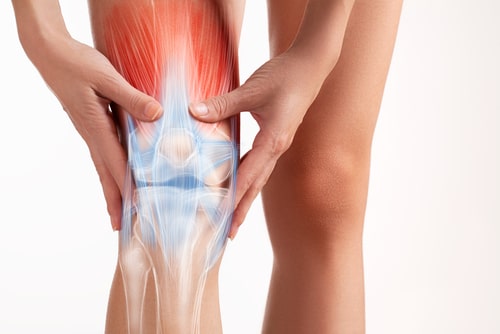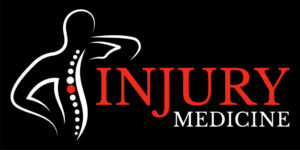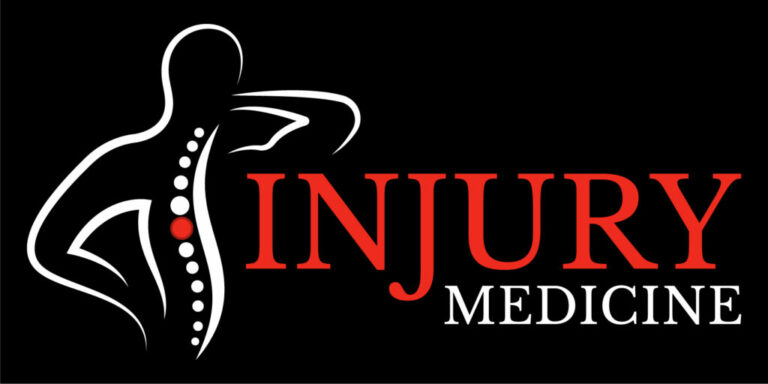If you are suffering from a knee injury, it is crucial to seek effective treatment to avoid further damage and discomfort. At Injury Medicine in Lexington, SC, we offer a range of minimally invasive and non-invasive treatments to assist in the healing and recovery of your knee joints, without the need for complicated surgery.
Our treatment options have proven to be highly successful, with minimal recuperation time and few adverse effects, compared to traditional knee replacement surgery. We take a personalized approach to treating knee pain, starting with a thorough diagnosis of your discomfort to create a pain management strategy tailored to your needs.
Our experienced knee pain specialists in Lexington, SC are dedicated to helping you get back on your feet and regain your normal mobility as quickly as possible. Don’t let knee pain diminish your quality of life any longer – call Injury Medicine in Lexington, SC at 864-866-PAIN today to schedule an appointment and begin your journey towards recovery.
Common Types of Knee Injuries
Knee pain can have a variety of causes, including injuries. Some of the most frequent knee injuries include:
Anterior Cruciate Ligament (ACL) Injury:
An ACL injury occurs when the anterior cruciate ligament, a strong band of tissue that connects the femur to the tibia, is sprained or torn. These injuries are common in sports that require sudden changes of direction or abrupt stops.
Medial Collateral Ligament (MCL) Injury:
A tear or sprain in the medial collateral ligament, which runs along the inside of the knee and connects the thigh and lower leg bones, is known as an MCL injury. Twisting or bending can cause this type of injury.
Posterior Cruciate Ligament (PCL) Injury:
The posterior cruciate ligament (PCL) is located at the back of the knee joint and connects the top of the thigh bone to the top of the lower leg bone. The PCL stabilizes the knee and aids in its smooth operation.
Meniscus Injury:
When you twist or jump while participating in sports, a meniscus tear can occur. Soccer and volleyball are two sports where this type of injury occurs frequently. However, the meniscus can also tear over time due to wear and tear.
Dislocated Patella:
When the knee is subjected to a significant impact, such as during a car accident, a fall, or a collision, the patella (knee cap) can become dislocated. To correct this condition, the knee cap must be put back into place. This type of injury is often quite painful and can take about six weeks to heal.
Knee Fractures:
The knee cap, also known as the patella, protects the knee joint from harm. When you fall or collide with something, the patella is usually the first point of contact, which can result in fractures. Knee fractures can be extremely serious, and the joint must be immobilized to allow the knee cap to heal.
Most Common Causes of Knee Injuries
Knee injuries often result from an external force that causes an unnatural bend or twist in the knee. Such injuries can be caused by various factors such as falls, sports, or accidents that involve twisting mechanisms, and can result in damage to ligaments and cartilage.
High-impact incidents like those experienced in sports and car accidents can affect different parts of the knee anatomy, causing various knee conditions.
In addition to external forces, knee problems can also result from conditions such as arthritis, degenerative joint disease, overuse, gout, kneeling injuries, or infections that can lead to bursitis.
Risk Factors for a Knee Injury
There are several factors that increase the risk of knee injury:
- Being Overweight: Carrying excess weight can put additional stress and pressure on the lower extremity joints, which may increase the likelihood of a knee injury.
- Aging: As people age, they become more vulnerable to knee injuries due to falls and osteoporosis. Osteoporosis is a common condition that causes bones to become brittle and fragile due to hormonal changes, calcium or vitamin D deficiency, or other factors.
- Sports: Participating in high-impact sports such as basketball, running, soccer, hockey, cycling, and others can increase the risk of knee pain and damage. Sports where cleats are worn and where abrupt and quick changes in direction are made, as well as contact sports, are also more likely to result in knee injuries. High-impact cardiovascular activities and yoga can also cause knee injuries.
Can I Treat My Knee Injury at Home?
When you have a knee injury, you can perform various self-care steps at home.
If your knee injury is minor, you can try self-care measures at home to manage the pain and promote healing. Applying heat packs and ice to the affected area can help relieve pain and reduce swelling. Resting the injured knee is also important to avoid further damage. Elevating the leg by sitting in a recliner or propping it up on pillows can help minimize swelling.
Applying compression to the affected area can help keep fluid from building up in injured tissues. However, if the pain and swelling persist or worsen, seeking medical attention is recommended. A doctor may suggest additional treatments or refer you to a specialist depending on the severity of the injury.
The Possible Outcomes of a Knee Injury
A knee injury can cause short-term mobility problems, and it is essential for the patient to stay in one place and rest until the injury is fully healed. However, long-term effects such as reduced range of motion, chronic pain, instability, post-traumatic arthritis, and functional impairment may also occur. It is important to seek appropriate medical treatment and follow through with rehabilitation to minimize the risk of long-term complications.
Call Us for Knee Injury Treatment in Lexington, SC!
If you or a family member has sustained a knee injury, it can be challenging to maintain mobility and a good quality of life. However, there are various medical treatments available to help your knee joints recover and heal. At Injury Medicine in Lexington, SC, our experienced healthcare professionals provide advanced minimally invasive treatments that do not require surgery or knee replacement therapy.
We believe in a proactive approach to knee injury treatment, and our personalized pain management strategies are designed to address your unique condition. Don’t let knee pain limit your movement and impact your life. Call Injury Medicine in Lexington, SC at 864-866-PAIN to schedule an appointment and get the treatment you need.



